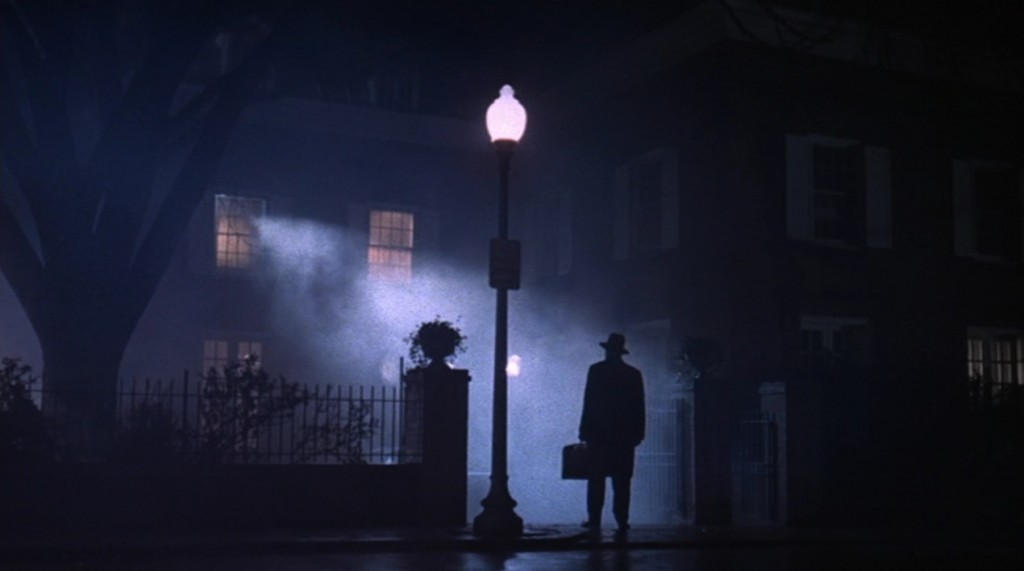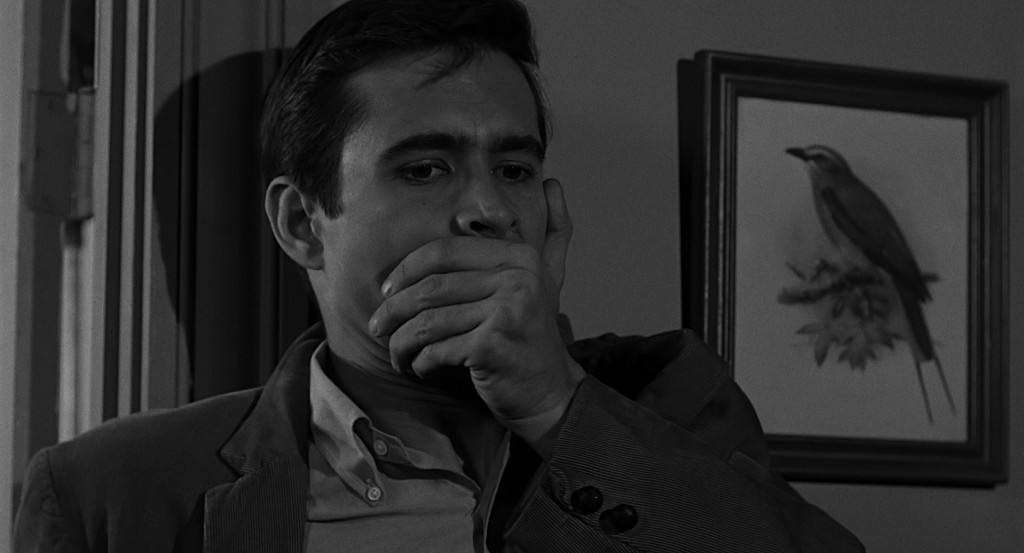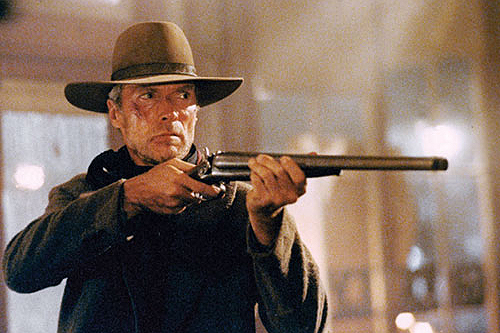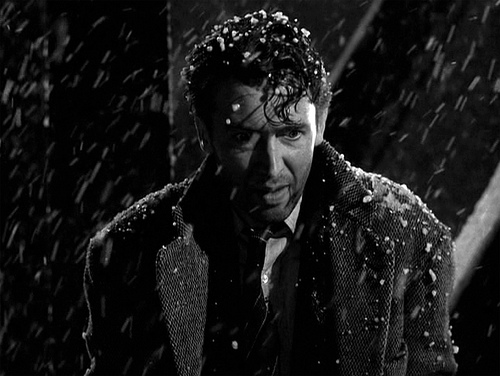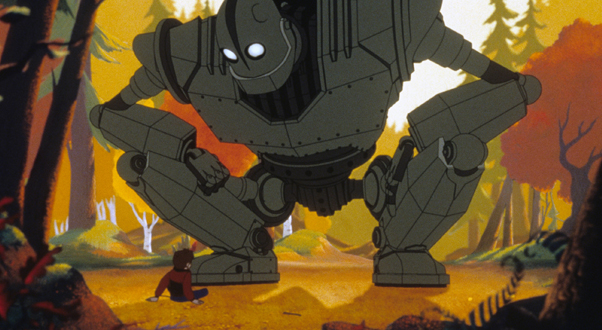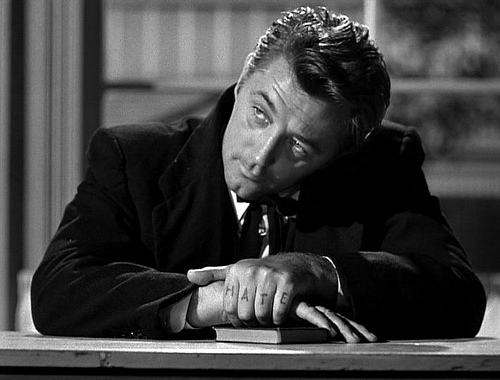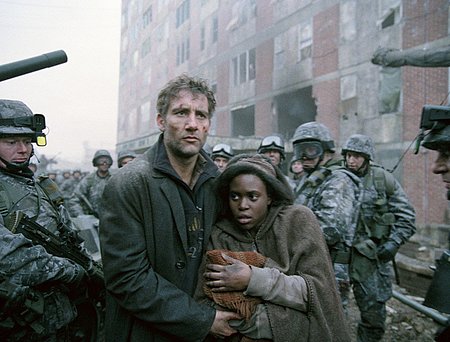Reed’s Favorite Film of All Time
21 May
1. THE EXORCIST
Being a sincere, born-again Christian who cites a graphic portrayal of demonic possession as my favorite movie ever, I should expect some puzzled second glances and more than a few questions. The film’s subject matter definitely isn’t for everyone (I actually discourage people who are particularly sensitive to its such things from seeing it), but it is also often highly misjudged based on its reputation as “the scariest movie of all time” and the viewing of a few popular scene clips. At its core, The Exorcist is an examination of how we cope with evil in the world around us, particularly when that evil attacks the innocent among us. For those who don’t already know, the story revolves around a young girl and her actress mother whose imperfect but comfortable little world nearly comes undone when the girl begins to exhibit evidence of demonic possession. The mother’s only hope for her daughter lies in a young priest whose faith is wavering and an elder priest who health is failing. My affections for it almost entirely lay in the film’s quieter moments, but I also admire that the film presents the devil as horrific and malevolent rather than cool or charming. Its script is a powerful exploration of the persistent struggle we each have not only to overcome evil in the world around us, but to try to understand it and this theme is a constant source of fascination for me (the moment when the elder priest provides his theory for why this is all happening is profound). Despite its occasional theological awkwardness, The Exorcist presents us with the message that the only way to ultimately overcome evil is to lay down your life and even though this message might be obscured for some by the film’s more extreme moments, it’s a message that resonated with me so strongly that it placed this movie as my favorite. My favorite moment in the movie (one that I think best captures the movie’s heart) comes after the younger priest has lost a psychological battle with the demon and is forced to retreat from the conflict. As the young priest sits sulking in self-pity and confusion, the girl’s mother steps in and quietly asks, “Is my little girl going to die?” In that moment, the young priest casts aside his self-absorption and with a confidence he never had before, declares “No.” before rising back up the stairs to fight again for the soul of the little girl, and his own. There is genuine ugliness and horror in The Exorcist, but there are also moments of striking beauty and grace and perhaps such is true of life itself as well.

